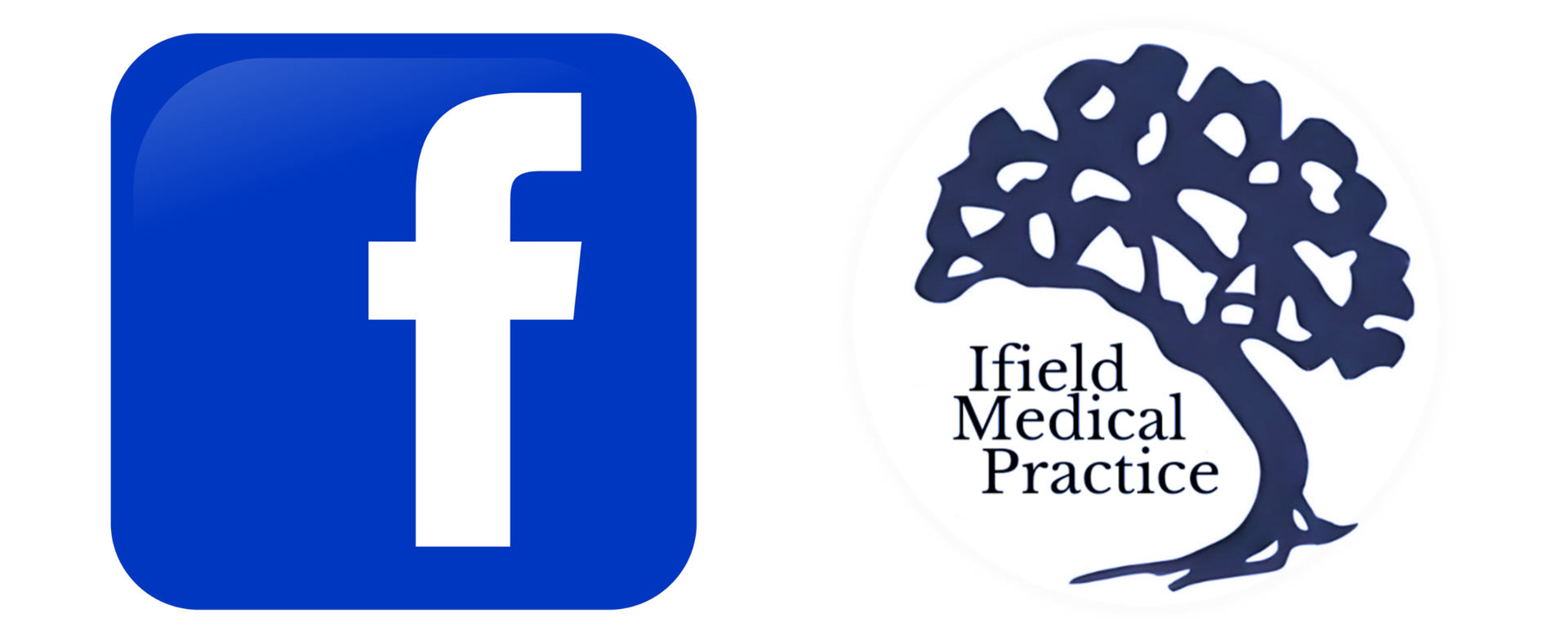U&E Test Results / Renal bloods
Creatinine
When To Get Tested?
As part of a routine blood test if you have non-specific health complaints or if your doctor thinks that you may have kidney disease; at intervals to monitor treatment for kidney disease or kidney function while on certain medicines
When is it requested?
Creatinine may be part of a routine blood test, widely used when someone has non-specific health complaints, or when your doctor suspects your kidneys are not working properly.
Some signs and symptoms of kidney dysfunction include:
- Fatigue, lack of concentration, poor appetite or trouble sleeping
- Swelling or puffiness, particularly around the eyes or in the face, wrists, abdomen, thighs or ankles
- Urine that is foamy, bloody, or coffee-coloured
- A decrease in the amount of urine
- Problems urinating, such as a burning feeling or abnormal discharge during urination, or a change in the frequency of urination, especially at night
- Mid-back pain (flank), below the ribs, near where the kidneys are located
- High blood pressure
What does the result mean?
Increased creatinine levels in the blood suggest diseases that affect kidney function. These can include:
- damage to or swelling of blood vessels in the kidneys (glomerulonephritis) caused by, for example, infection or autoimmune diseases bacterial infection of the kidneys (pyelonephritis)
- death of cells in the kidneys’ small tubes (acute tubular necrosis) caused, for example, by drugs or toxins
- prostate disease, kidney stone, or other causes of urinary tract obstruction; or
- reduced blood flow to the kidney due to shock, dehydration, congestive heart failure, atherosclerosis or complications of diabetes.
Creatinine blood levels can also increase temporarily as a result of muscle injury and are generally slightly lower during pregnancy.
Low levels of creatinine are not common and are not usually a cause for concern. As creatinine levels are related to the amount of muscle the person has, low levels may be a consequence of decreased muscle mass (such as in the elderly), but may also be occasionally found in advanced liver disease.
Random urine creatinine levels have no standard reference ranges. They are usually used with other tests to reference levels of other substances measured in the urine. Some examples include the microalbuminuria test and urine protein test.
Is there anything else I need to know?
Since creatinine levels are in proportion to muscle mass, women tend to have lower levels than men.
In general, creatinine levels will stay the same if you eat a normal diet. However, eating large amounts of meat may cause short-lived increases in blood creatinine levels. Taking creatine supplements may also increase creatinine concentration.
There are a few drugs that interfere with the creatinine test, although there are some drugs that can cause some impairment in kidney function. Your creatinine levels may be monitored if you are taking one of these drugs
Electrolytes
U&E's are commonly used abbreviations of urea and electrolytes and are requested when assessing kidney (renal) function and electrolyte balance. Creatinine is frequently included.
As part of routine blood testing, or when your doctor suspects that you have an imbalance of one of the electrolytes (usually sodium or potassium), or if your doctor suspects an acid-base imbalance. Electrolytes may also be checked if you are prescribed certain drugs, particularly diuretics or ACE inhibitors.
Urea
What does the test mean?
High urea levels suggest poor kidney function. This may be due to acute or chronic kidney disease. However, there are many things besides kidney disease that can affect urea levels such as decreased blood flow to the kidneys as in congestive heart failure, shock, stress, recent heart attack or severe burns, bleeding from the gastrointestinal tract, conditions that cause obstruction of urine flow or dehydration
- Low urea levels are not common and are not usually a cause for concern. They can be seen in severe liver disease or malnutrition but are not used to diagnose or monitor these conditions. Low urea levels are also seen in normal pregnancy
Is there anything else I need to know?
Urea levels increase with age and also with the amount of protein in your diet. High-protein diets may cause abnormally high urea levels. Very low-protein diets can cause abnormally low urea levels. Lower urea levels are also seen in infants and small children.
Drugs that can impair kidney function may increase urea levels. Your urea and creatinine may be monitored if you are on certain drugs.
Will exercise increase my creatinine levels?
In general, moderate exercise will not affect your creatinine levels. As you continue to exercise and build muscle mass, your creatinine levels may increase slightly, but not to abnormal levels.
Reference ranges
Normal Reference ranges
Serum Sodium 133 – 146 mmol/L
Serum Potassium 3.5 – 5.3 mmol/L
Serum Urea 2.5 – 7.8 mmol/L
Serum Chloride 95 – 108 mmol/L
Serum Bicarbonate 22 – 29 mmol/L
Serum Phosphate 0.8 – 1.5 mmol/L
Serum Magnesium 0.7 – 1.0 mmol/L
Serum Albumin 35 – 50 g/L
Serum Total Protein 60 – 80 g/L
Serum Osmolality 275 – 295 mmol/kg
Page created: 12 June 2025
